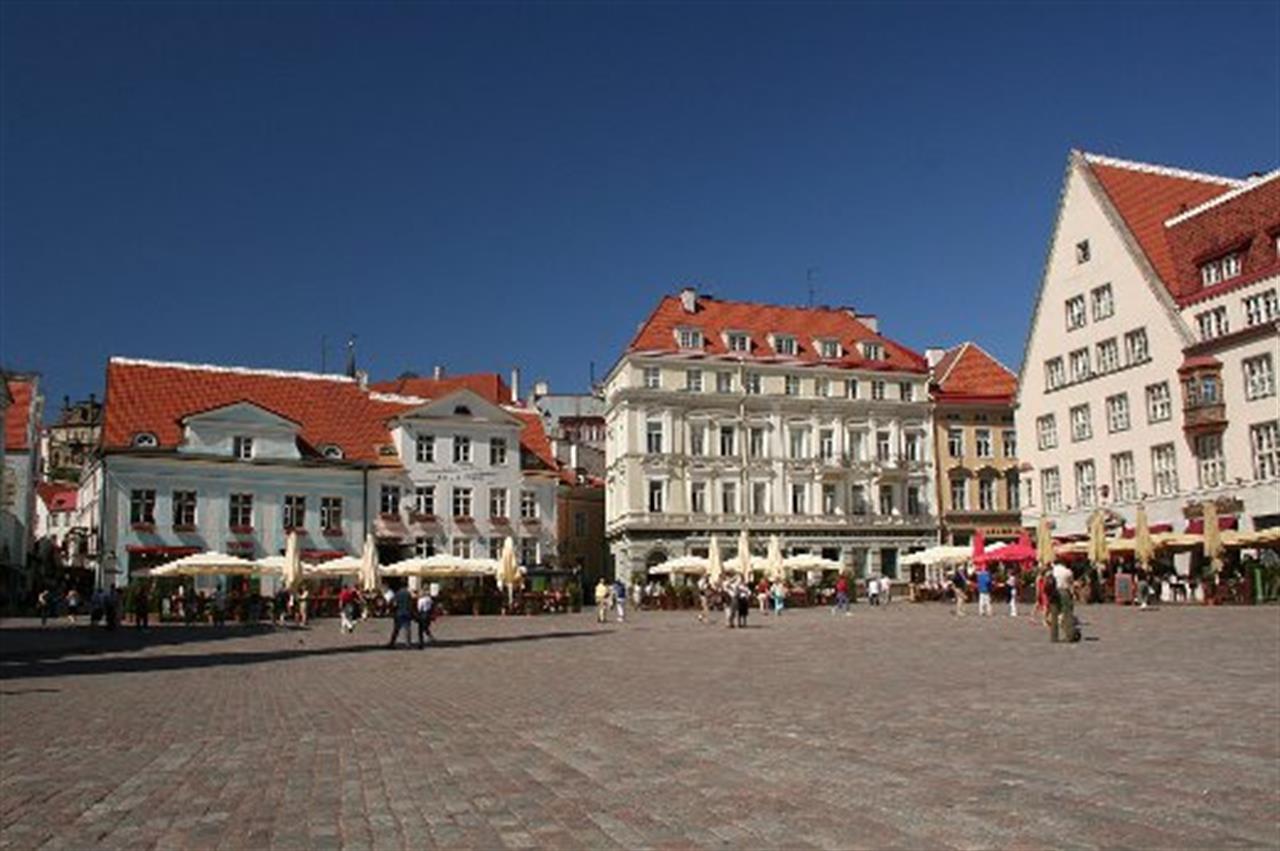On 1 January 2011, Estonian Prime Minister Andrus Ansip withdrew the first Euros in Estonia in a special ATM installed in front of Tallinn Opera House. Estonia officially became the 17th country to join the Eurozone, making it the Euro newcomer. Nowadays withdrawing money and making payments in Euros in Estonia is more than normal. The Estonian kroon disappeared step by step, however it was not forgotten. “It was a social imposition for a better future”, 19 years old Estonian Anti Haugas assures when questioned if he missed the old national currency. “I’ve always had an opinion that all European countries should have Euros as a currency”. Anti argues that “the kroon was too weak a currency” adding that “joining the Eurozone opens up new opportunities for Estonian citizens. Our money is now safer”.
Estonia’s economy grew 7.6 percent last year, a remarkable growth that is 5 times higher than the Euro zone average.“Estonia is a small country and what happens with the Eurozone affects us either way, whether we are part of it or not. But being in the Eurozone is a good sign for foreign investors, as the Euro, even if it’s as weak as it is now, is still a more reliable currency than the kroons could ever be” argues Andry Silla, Public Administration student.
Nowadays Estonia’s National debt is just 6% of GDP while Germany reaches 81%. However, this achievement is more remarkable when we consider that Estonia was one of the most affected countries by the financial crisis in 2008. Estonia is often pointed out as an inspiring case that handled the austerity measures in the best way. “A few months ago our Prime Minister visited the US to give advice to American leaders. Unfortunately Europe has not taken many steps towards the changes we have in Estonia” says Anti, adding that “There is no better example”.
By Sofia Trindade, media officer and member of the Writing Team at ThinkYoung, the first think tank concerned with young Europeans. Sofia holds a Bachelor’s degree in Communication Studies from the University of Algarve, Portugal, where she majored in audiovisual media and she did a Master in European Journalism at IHECS, Brussels. She truly believes in the European project.
Vuoi accedere all'archivio di VITA?
Con un abbonamento annuale potrai sfogliare più di 50 numeri del nostro magazine, da gennaio 2020 ad oggi: ogni numero una storia sempre attuale. Oltre a tutti i contenuti extra come le newsletter tematiche, i podcast, le infografiche e gli approfondimenti.

